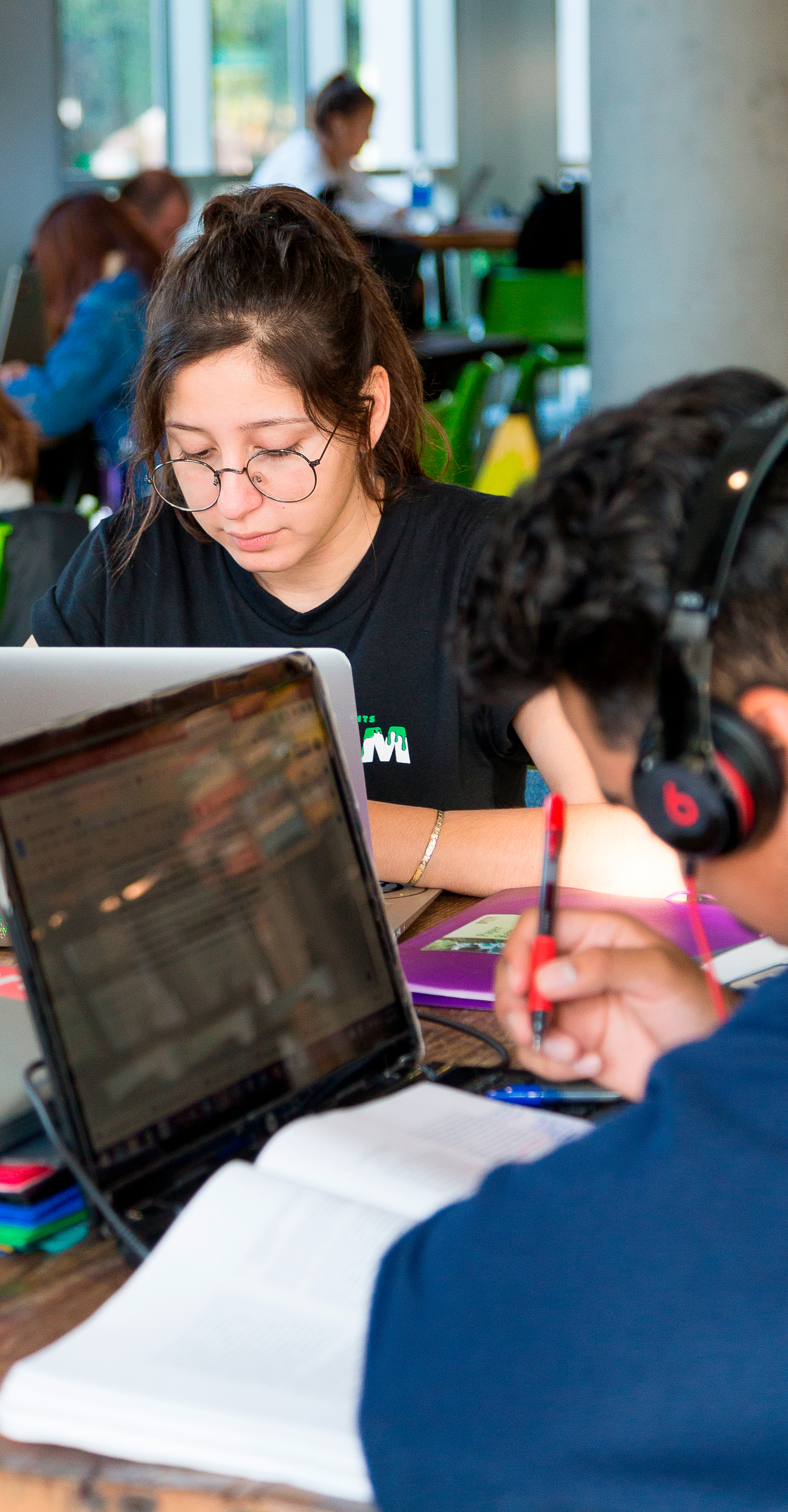CLVR: Transaction Ordering in DeFi
Transaction ordering in blockchains has a substantive impact on many aspects of decentralized finance (DeFi), including fairness, price stability, and liquidity management.
In an initial paper titled "CLVR Ordering of Transactions on AMMs", presented at Tokenomics 2024, we explored measures of economic welfare in DeFi. We introduced novel ordering rules that enhance DeFi protocols, in particular decentralized exchanges, making them more efficient and improving overall economic welfare. In other tracks, we enhance mechanisms for routing payments on platforms such as Bitcoin Lightning. We also explore how these rules can be enforced and implemented at the protocol level without relying on block builders to follow them.
This research track is carried in collaboration with research teams across the industry, e.g., Uniswap, Ava Labs, and others.
Computing on Satellites
What if you can run workloads in space?? 🤔
Satellites carrying purpose-built "payloads", compute devices which are configured and constructed by clients on Earth, are becoming commoditized by companies like Blue Origin, SpaceX, Planet, and others. They push security to new horizons: Compute hardware on satellites is essentially impenetrable, it does not hinge on a single manufacturer, it is immune to side-channel attacks, and is virtually tamper-proof.
This project explores an exciting new dimension for utilizing satellites: secure computing platforms.
In a joint bluepaper with Spacecoin XYZ: Orbital Root of Trust, we shared a preliminary vision and architecture of a secure orbital compute platform. We continue to work along various research tracks on enhancing the security and performance of computations in orbit.
Capstone 2025
FifTech is collaborating with the Capstone Flagship CS Course on two projects.
Turbocharging Authenticated Storage for Blockchains
Sponsored by Ava Labs, this project strives to enhance the architecture of the Avalanche blockchain by optimizing the storage of key-value pairs on disk. The team plans to reduce the overhead of state management by refining critical components, implementing the storage of key-value pairs in an on-disk Merkle Trie database in Golang by utilizing the Firewood design (originally implemented in Rust).
Team Avalution: Adyah Rastogi, Wesley Truong, Justin Lang, Hao (Aaron) Lee, Jiahua (Roy) Ren
Vision Statement: [PDF]
SuiChat
The SuiChat project, sponsored by Mysten Labs, aims to utilize blockchain technology to create a decentralized end-to-end encrypted messaging app. While encrypted messaging apps exist, they rely on a centralized server, which provides a point of vulnerability.
Team Sui Squad: Sophia Weiler, Chloe Ta, Ben Richardson, Bonnie Huynh, Ashton Wong
Vision Statement: [PDF]
